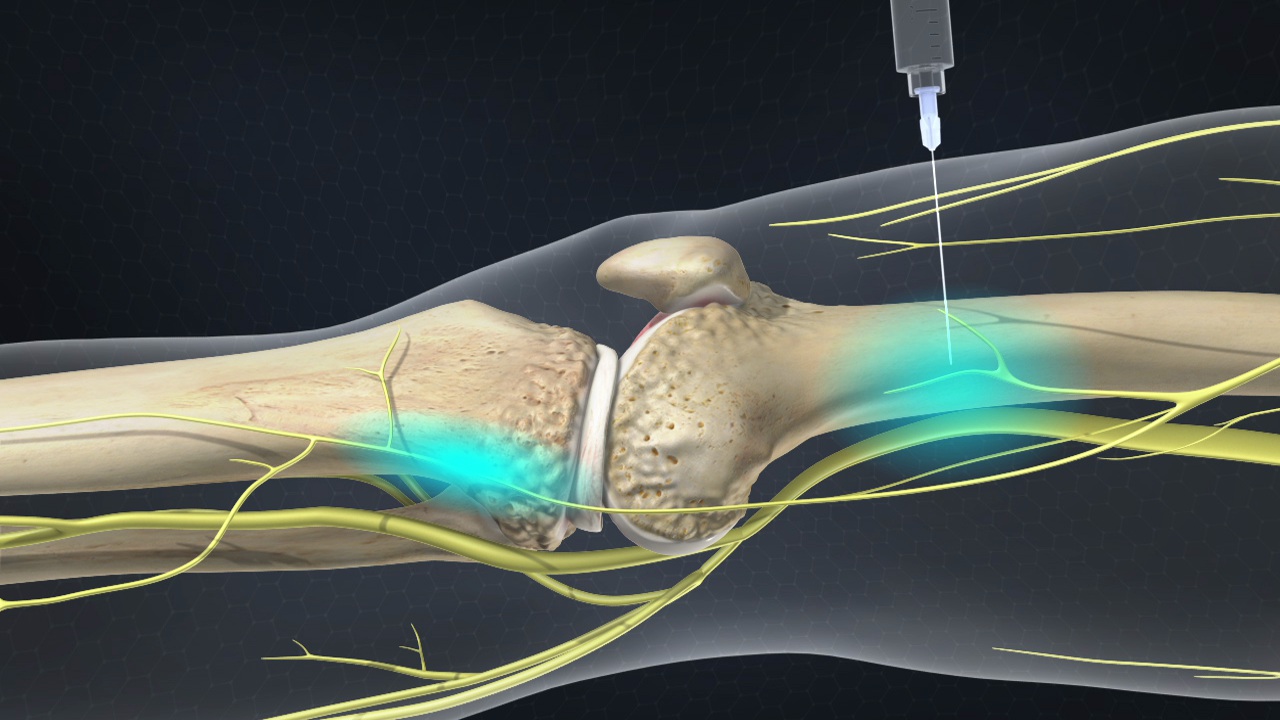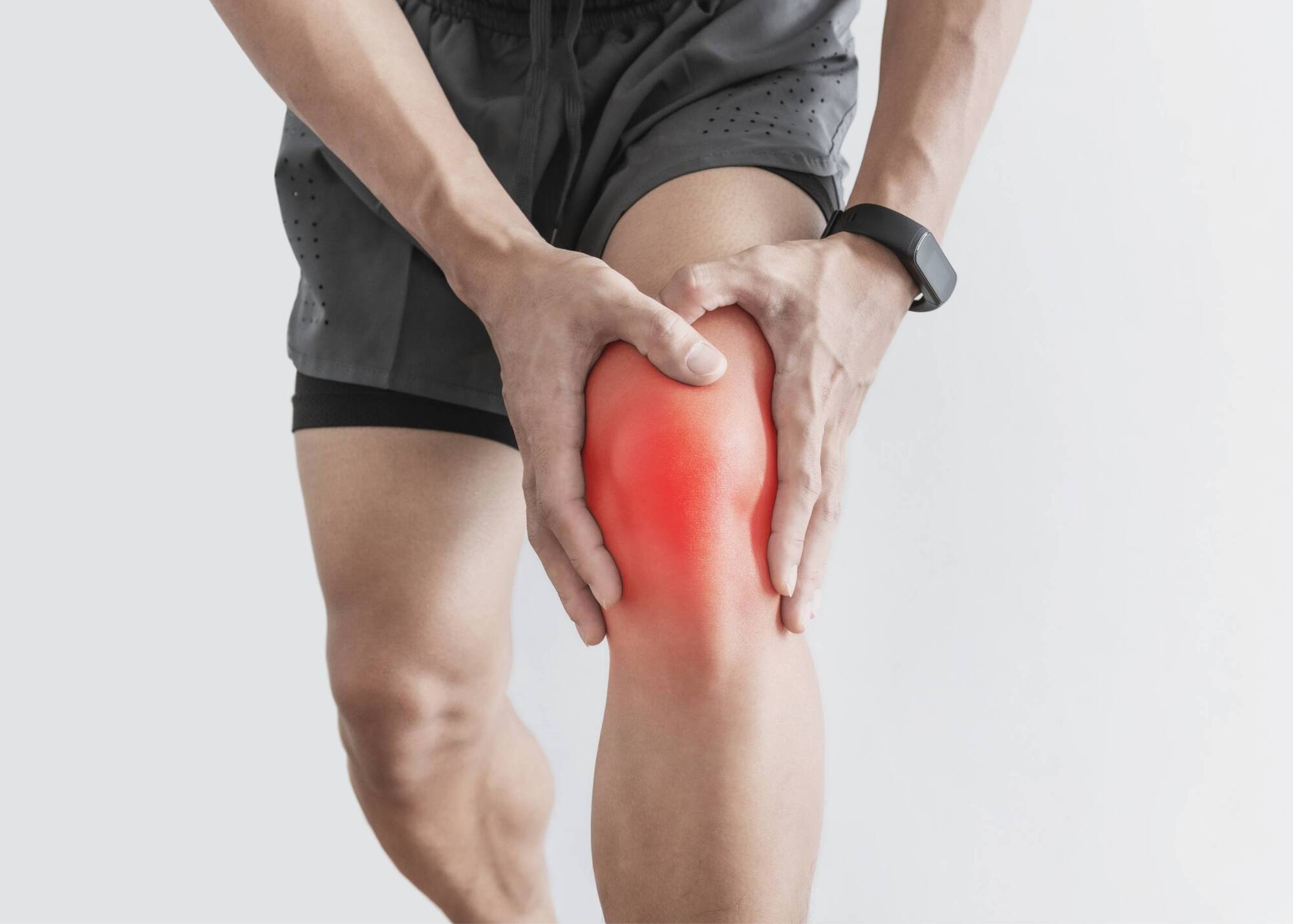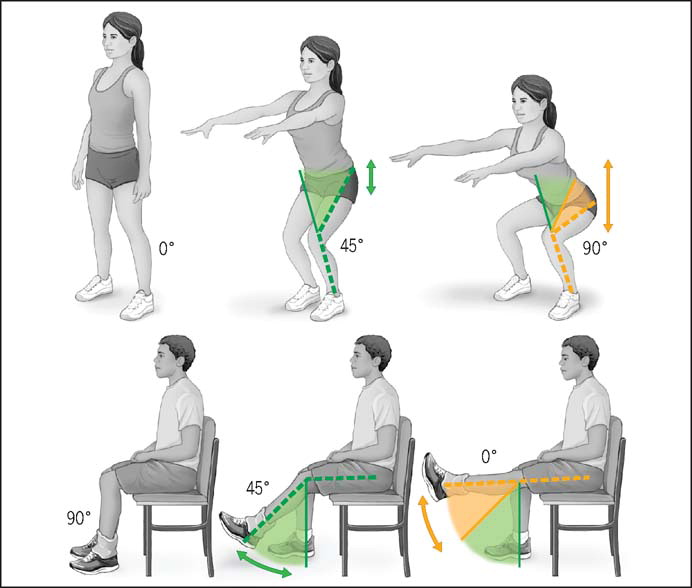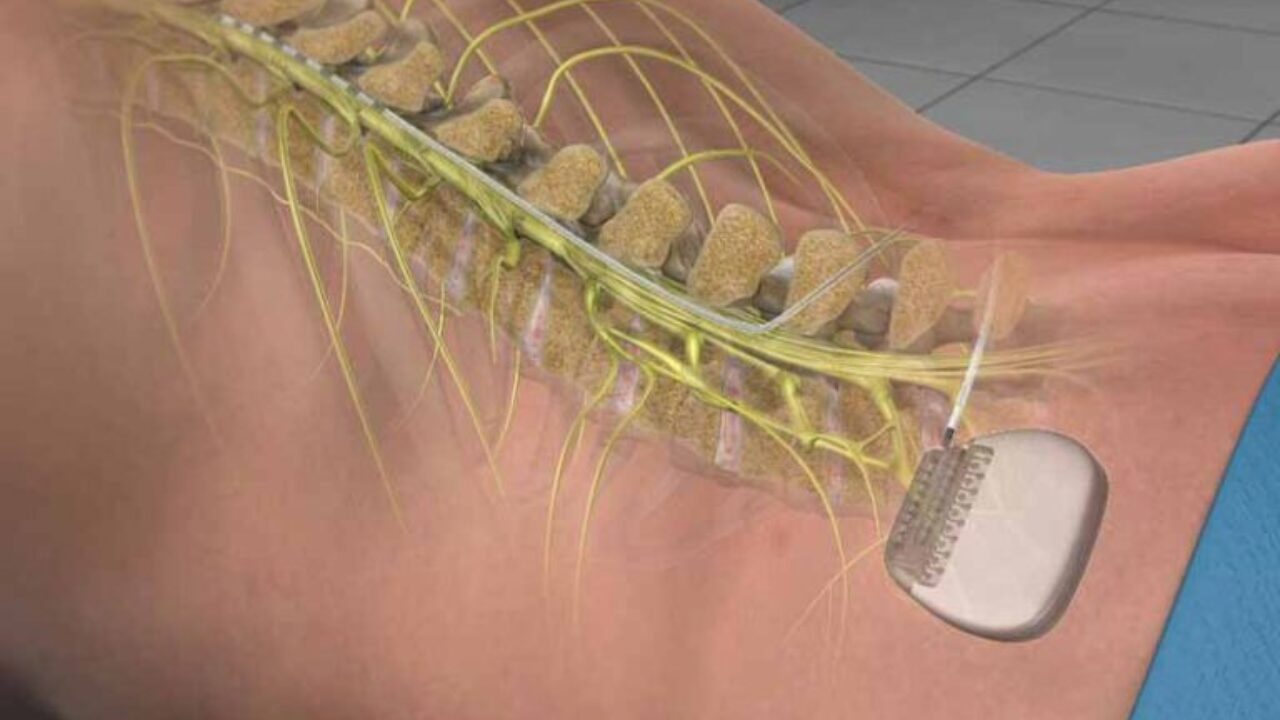Six Effective Non-Surgical Treatments for Your Chronic Knee Pain
Figure (1): https://www.pexels.com/photo/physiotherapist-massaging-knee-20860607/
Knee pain is one of the most common complaints among adults, no matter if they lead active or sedentary lifestyles, as it can affect many aspects of daily life such as walking, exercising, and even sleeping.
Whether you’ve been dealing with continuous knee pain for months or years, there are many paths leading you to relief. However, before taking the risk and resorting to surgery, there is a wide range of non-surgical knee pain treatments that can help you reclaim your quality of life worth considering.
Continue reading to know 6 effective non-surgical treatments for your chronic knee pain, all of which can be tailored to your specific condition at Dr. Samer Abdel-Aziz’s clinic.
Causes of Chronic Knee Pain
In order to suggest the most suitable treatment for each patient, we first focus on understanding what’s causing the knee pain. Commonly, chronic knee pain can result from:
- Injuries: The most obvious cause of knee pain are injuries in the ligaments, tendons, or fluid-filled sacs that surround the knee joint as well as the bones, cartilage, and ligaments in the joint itself.
- Arthritis: The knee can suffer from various types of arthritis, the most type common being Knee Osteoarthritis (KOA), which typically results from wear and tear and progressive loss of cartilage in the knee, causing bones in the joint to painfully rub together. A study estimated that 1 in 6 people around the world had KOA in 2020.
- Patellofemoral Pain Syndrome: This condition involves pain at the front of the knee or around the knee cap, often from muscle imbalance or overuse. It is also known as runner’s knee because it is more common in athletes.
- Post-surgical pain: Some patients report persistent pain, swelling, and stiffness after a knee procedure requiring less invasive treatments for knee pain.
Once we identify the root cause for your knee pain, we can guide you to the most effective non-surgical treatment for you among the following:
1. Medications
Nonsteroidal anti-inflammatory drugs (NSAIDs) and painkillers like paracetamol can reduce inflammation and offer short-term relief for mild-to-moderate chronic knee pain.
While helpful for day-to-day discomfort, medications work best as part of a broader plan and are usually not a long-term solution on their own.
2. Physiotherapy & Exercise
Figure (2): https://www.physiopro.co.za/2014/05/13/exercising-for-knee-pain/
Physical therapy is one of the most consistently effective treatments for knee pain, especially from osteoarthritis, patellofemoral pain, early cartilage wear, and injuries.
A structured exercise program (like Pilates, yoga, resistance training, aerobic, and aquatic exercises) strengthens key muscles around the knee and hip relieving pain and stiffness, improving flexibility, and restoring normal joint function.
Exercise can lead to meaningful improvements in pain, strength, and mobility all while lowering dependability on medications and leading to possible weight loss that would lessen pressure on the knee.
3. Viscosupplementation
Figure (3): https://regenaesthetics.ca/orthopaedic/viscosupplementation/
This treatment involves injecting hyaluronic acid in the knee to lubricate the knee and make movement smoother. Hyaluronic acid is a natural component of joint fluid, so injecting it into the knee is considered generally safe with minimal side effects.
Viscosupplementation for knee pain is best suited for patients with mild to moderate osteoarthritis, particularly if other treatments haven’t worked.
4. Corticosteroid Injections
Corticosteroid injections deliver powerful anti-inflammatory medication directly into your knee joint. They act as a quick remedy for acute flare-ups, or significant swelling in the joint, or when immediate knee pain relief without surgery is needed.
This type of injections often provides relief within a few days; however, the effects ideally last for up to 3 months only, and repeated injections may cause cartilage damage. Thus, they are used to “buy time” while beginning lifestyle changes or physiotherapy for knee pain.
5. Genicular Nerve Radiofrequency Ablation (RFA)

Genicular Nerve Radiofrequency Ablation (RFA) is considered a promising option for KOA patients who haven’t found lasting relief from injections or medications, or those with persistent pain after knee surgery.
This minimally invasive procedure targets the sensory nerves that transmit pain signals from the knee to the brain. Using specialized needles and guided imaging, a pain specialist applies controlled heat through electric pulses to these nerves, effectively “turning them off”.
RFA can provide significant pain relief lasting between 6-12 months, and many patients report improved mobility and reduced reliance on pain medications afterward.
6. Spinal Cord Stimulation (SCS)
Spinal Cord Stimulation is considered an alternative treatment for patients with severe, long-term knee pain who haven’t found relief with other treatments, mainly for patients with nerve-related or post-surgical pain.
This treatment involves implanting a small device near your spinal cord that sends electrical signals to block knee pain signals before they reach your brain. This is usually done in two steps: a short trial to see if the device helps, followed by a permanent implant if the trial proved successful.
Each person’s knee pain is different, so we’re here to help you take your best next step towards relief. Book an appointment at our clinic, and we will assess your case before recommending the most effective non-surgical approach for you.
🗓️ Book your first appointment here: https://samerpainclinic.com/contact-us/
🗓️ Call us at 962790922204+ or contact us via WhatsApp: https://wa.me/962790922204
Feel free to email your questions or concerns to [email protected]






